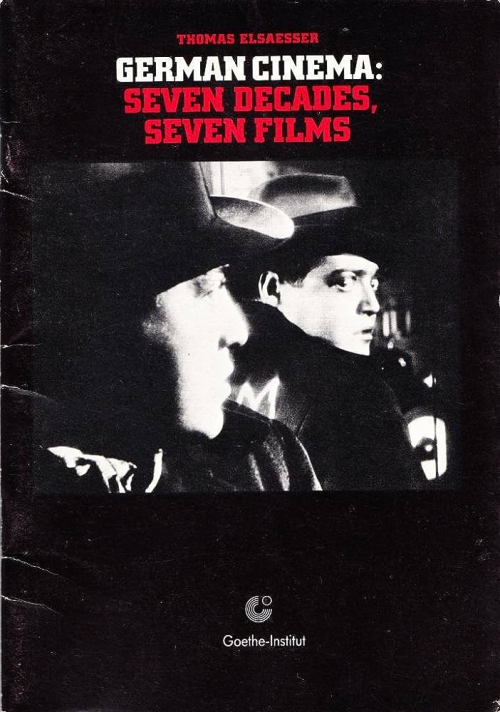Germany looks back on as long and important a film history as Italy, France or Great Britain. And yet, during the past seven decades, its cinema has seemed ambivalent even in its achievements, subservient to political pressures, eclipsed by Hollywood and financially precarious more often than that of any of its European neighbours. The discontinuities and contradictions of German history this century have left their mark on the cinema, but even more so on the way it is perceived.
The early Twenties tend to be seen as a unique and isolated pinnacle of film art, but are judged severely for the political message the films conveyed. When the cinema became an instrument of state propaganda, as it did during the Nazi years, films were produced with expressed the regime's ideals while making no mention of its reality. The results are considered worthless artistically, but their success as technically the most perfect, most highly polished entertainment ever to appear on German screens raise issues about form and content that have yet to be resolved. The paradox about the New German Cinema of the late Sixties and Seventies, for instance, is that it has been celebrated as an extraordinary flourishing of talent but, on closer inspection, the renaissance has its roots in governmental policy. Praised the world over, the films failed to find a mass audience or to become financial successes.
German Cinema: Seven Decades, Seven Films
Thomas Elsaesser

1985
Goethe Institute [London], 32pp